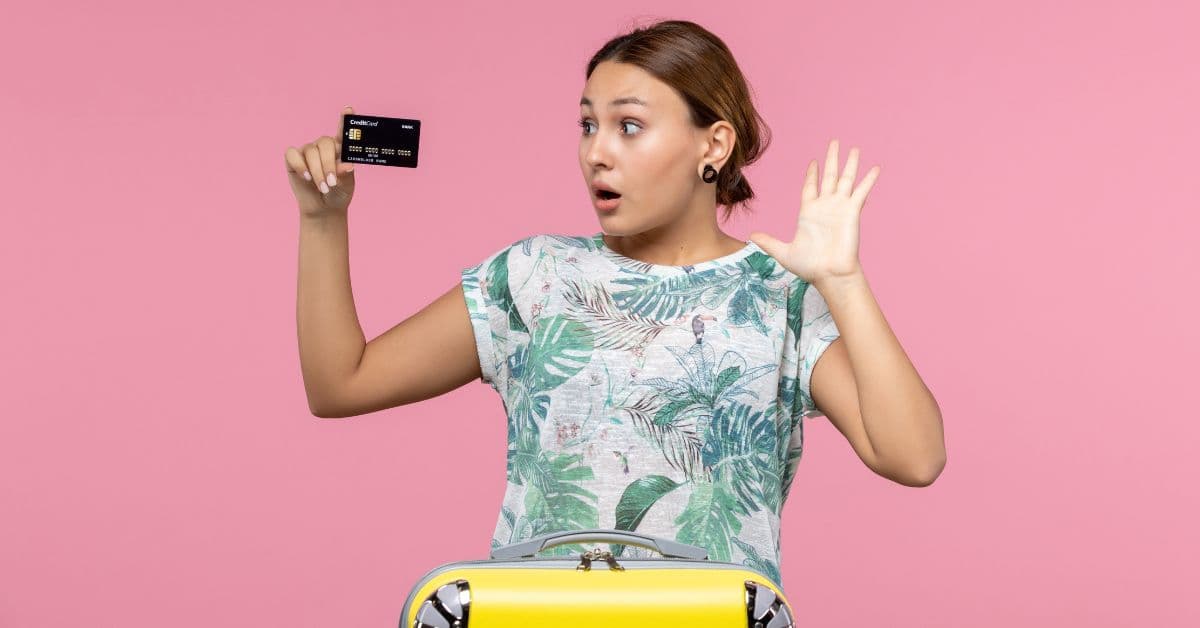scroll for more! ⟶
Cinchy Blog / Bali Travel: Should You Carry Cash or Card?
Is It Better to Carry Cash or Card in Bali? What Travelers Need to Know
Published: 19 Sep 2025
By Ulfah Alifah
Travel Enthusiast

Book Your Ride in Just 1 Minute!
Free Cancellation
24/7 Support
Insurance
Start Date - End Date
Start Time
End Time
Duration
0 Day(s)
Bali is a tourist hotspot with its own challenges and advantages for paying, whether using Indonesian Rupiah (IDR) cash or cards. Vendors, restaurants, transport, shops, and accommodations have different rules about which payment methods they accept.
Using Cash in Bali
Cash is essential for small transactions, especially in local markets, warungs (small eateries), taxis, and street vendors. Many businesses do not have card machines, and some will only accept cash—in fact, these situations are common outside tourist centers. Cash also helps travelers avoid foreign transaction fees and lets them control spending more easily by setting daily budgets.
Tips for Carrying Cash
Always carry small notes like Rp 5,000, Rp 10,000, and Rp 20,000 as vendors often cannot provide change for Rp 100,000 bills.
Divide cash into daily spending amounts and store cash in several safe places, like money belts or a secure pouch, to minimize risk.
Only exchange foreign money at official, licensed money changers and avoid being scammed.
Use ATMs in hotels, malls, or large branches, and avoid standalone machines on the street for safety.
Indonesian customs limit for cash is IDR 100 million (about USD $6,500) per traveler. Declare amounts above this at customs.
Pros & Cons of Using Cash
Pros | Cons |
Widely accepted everywhere | Risk of loss or theft |
No card or exchange fees | Inconvenient for large sums |
Good control over spending | Need for currency exchange |
Simplifies local market purchases | Not always safe to carry a lot |
Using Cards in Bali
Credit and debit cards (Visa, MasterCard) are accepted at major hotels, upscale restaurants, shops in tourist areas, and for online bookings like scooter rentals. Cards offer convenience, record-keeping and safety from theft, but acceptance is still lower outside tourist centers.
Travelers should notify their bank before the trip to avoid trouble with blocked transactions. Some businesses add a 2-3% surcharge for card payments, so factor this into your budget. Local markets, street vendors, and small shops rarely take cards, making them less practical for day-to-day purchases.
Pros & Cons of Using Cards
Pros | Cons |
Safe—less cash to lose | Limited acceptance outside tourist sites |
Track spending easily | Possible foreign transaction fees |
Useful for hotels, travel bookings | Card skimming risk, need to alert bank |
Quick for large purchases | Surcharges (2-20%) may apply for card |
Electronic Wallets and Alternatives
GoPay, OVO, Dana, and other e-wallets are becoming popular, especially in cities and for online purchases. However, cash is still king for most small transactions. E-wallets can simplify payments for ride-hailing (Gojek), food delivery, and some shops, but they require setup before travel.
Smart Payment Tips for Bali Travelers
Carry both cash and a card, using cash for small day-to-day purchases and cards for larger transactions.
Maintain a safe daily budget and avoid carrying more cash than needed.
Break large notes at supermarkets, hotels, or major banks.
Use e-wallets for modern businesses (GoPay, OVO, Dana), but do not rely on them everywhere.
Beware of scams and skimming—use ATMs at reputable banks.
Always have some cash for emergencies and tips.
Exchange currency only at licensed money changers or banks.
For drivers, scooters, and taxis, cash is usually required unless pre-booking online.
Safety and Security
Carrying large amounts of cash can be risky but is sometimes necessary for specific activities. Store money in more than one place, and never show all your cash at once. For cards, use a travel wallet, enable notifications, and monitor banking alerts. Avoid swiping cards at unfamiliar or suspicious places, especially at small businesses in rural areas. If ATM or card fraud happens, have a backup payment option.
Final Recommendation
For Bali, blend cash and card use. Carry enough Rupiah for daily spending but keep cards for hotels, high-end restaurants, or online services like scooter rentals, tours, or urgent purchases. Prepare by downloading useful apps, notifying your bank, and setting up secure storage of both cash and card.
Ready to Explore Bali?
Book your scooter now at the trusted Cinchy platform for safe and smooth travel:

